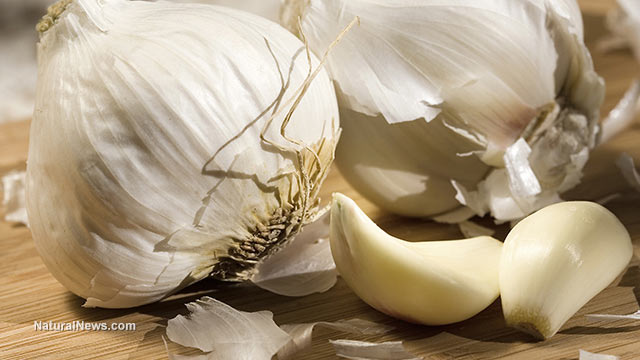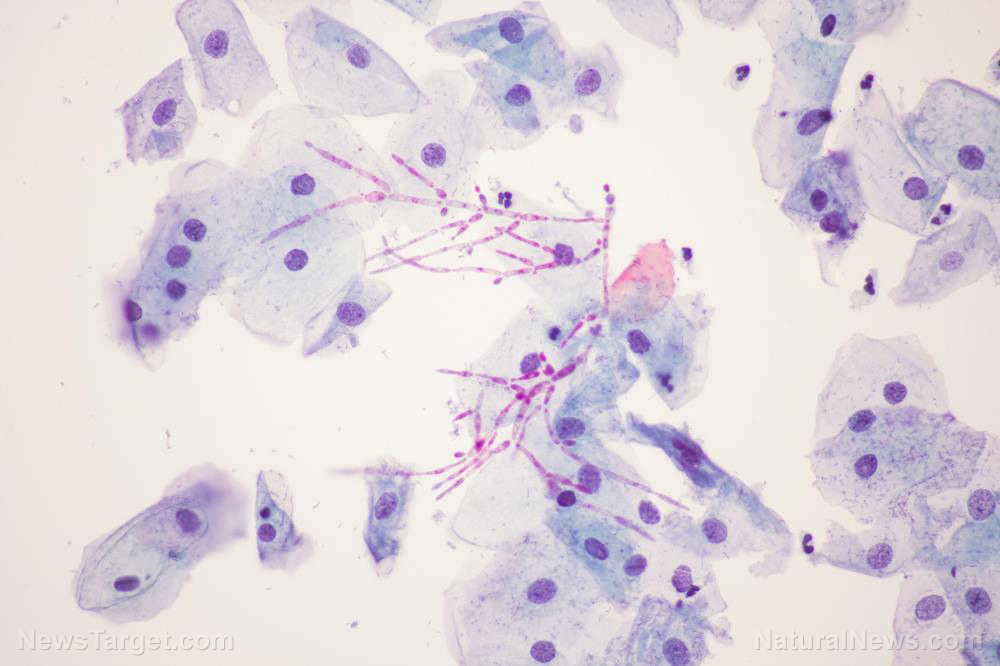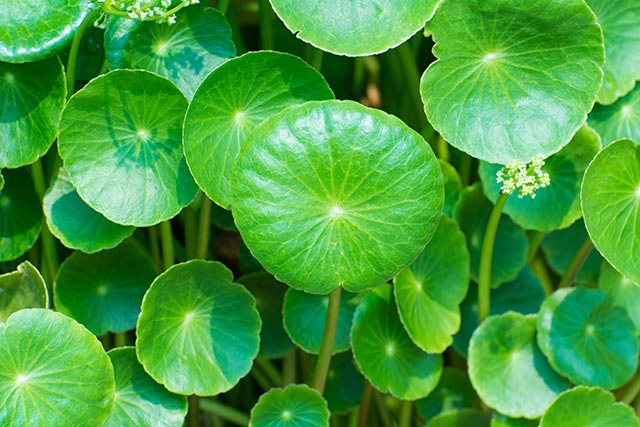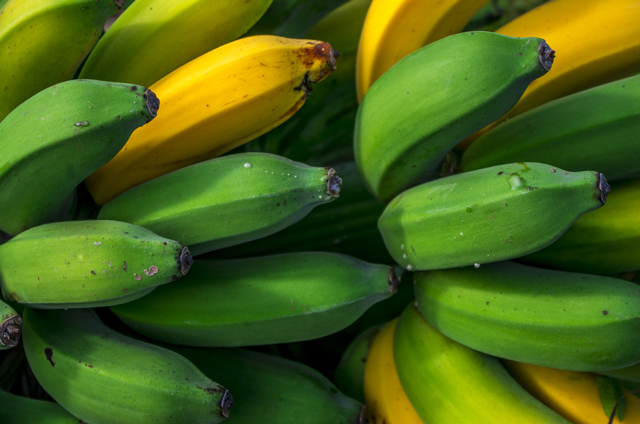Amazonian tribe that lives on wild foods found to have vastly healthier arteries than even the most medicated westerner who pops “advanced” statin drugs
11/23/2018 / By Earl Garcia

An active lifestyle and healthy diet remain the most potent protection against diseases, according to a study published in The Lancet. Researchers at the University of Mexico examined members of a remote South American tribe known as Tsimane people who live in the Bolivian Amazon. The experts visited 85 Tsimane villages between 2004 and 2005 and assessed their likelihood of developing heart disease using CT scans on more than 700 adults aged 40 to 94.
Research data shows that nearly nine out of 10 tribe members had clear arteries and did not show any heart risk. The study also reveals that nearly two-thirds of members older than 75 years old are almost risk-free, while only eight percent show a moderate-to-high risk level.
One 80-year-old tribe member in particular had arteries that resemble those of middle-aged Americans in their 50s. Researchers also find that members of the tribe have low heart rate, cholesterol, blood pressure, and blood sugar readings. Half of the Tsimane people examined did have increased markers of inflammation.
“Conventional thinking is that inflammation increases the risk of heart disease. However, the inflammation common to the Tsimane was not associated with increased risk of heart disease, and may instead be the result of high rates of infections,” said study co-author Professor Randall Thompson from Saint Luke’s Mid America Heart Institute.
In comparison, similar scans done in almost 7,000 Americans revealed that only 14 percent did not show increased risk of heart disease, while 50 percent were at moderate-to-high risk.
“Our study shows that the Tsimane indigenous South Americans have the lowest prevalence of coronary atherosclerosis (hardening and narrowing of the arteries) of any population yet studied. Their lifestyle suggests that a diet low in saturated fats and high in non-processed fibre-rich carbohydrates, along with wild game and fish, not smoking and being active throughout the day could help prevent hardening in the arteries of the heart,” said Lead Researcher Professor Hillard Kaplan.
Kaplan says the loss of subsistence diets and lifestyles can be identified as new risk factors for vascular aging. Components of this lifestyle may prove beneficial for contemporary sedentary populations, Kaplan adds.
It is established that certain lifestyle aspects exacerbate the risk of heart disease, and experts have been advising the general public for years about this. While it may not be possible for people living in industrialized areas to replicate the lifestyle of the Tsimane communities, there are certain lifestyle improvements that can be done to mitigate the risk of of heart disease such as following a low-fat diet and quitting smoking, according to Professor Sir Nilesh Samani, Medical Director of the British Heart Foundation.
What makes Tsimane people healthy?
The Tsimane is a tribe that resides along the banks of the Maniqui River in the Bolivian Amazon. It has a population of only 13,000 people. The Tsimane is a foraging society, with its people spending most of the day hunting, fishing, farming, and gathering produce including wild fruits and nuts.
They follow a carbohydrate-based diet, 70 percent of which primarily comes from rice, corn, plantain, manioc, nuts, and fruits. Animal protein and fat only account for 14 percent of their diet. Each tribe member consumes only 38 grams of fat daily. Tsimane men typically spend at least six to seven hours a day on physical activity, while women do the same at around four to six hours.
Their physically-active lifestyle and healthy diet lead to significantly low heart risk. Tsimane people rarely suffer from obesity and other age-related diseases. Tsimane women’s breast milk contains higher levels of omega-3 fatty acids compared with western women. Tsimane men’s testosterone levels, though a tad bit lower than western men, do not decline with age.
Sources include:
Tagged Under: disease prevention, exercise, good diets, healthy food, healthy food choices, Heart, heart disease, heart health, natural health, raw food, research, wild foods



















